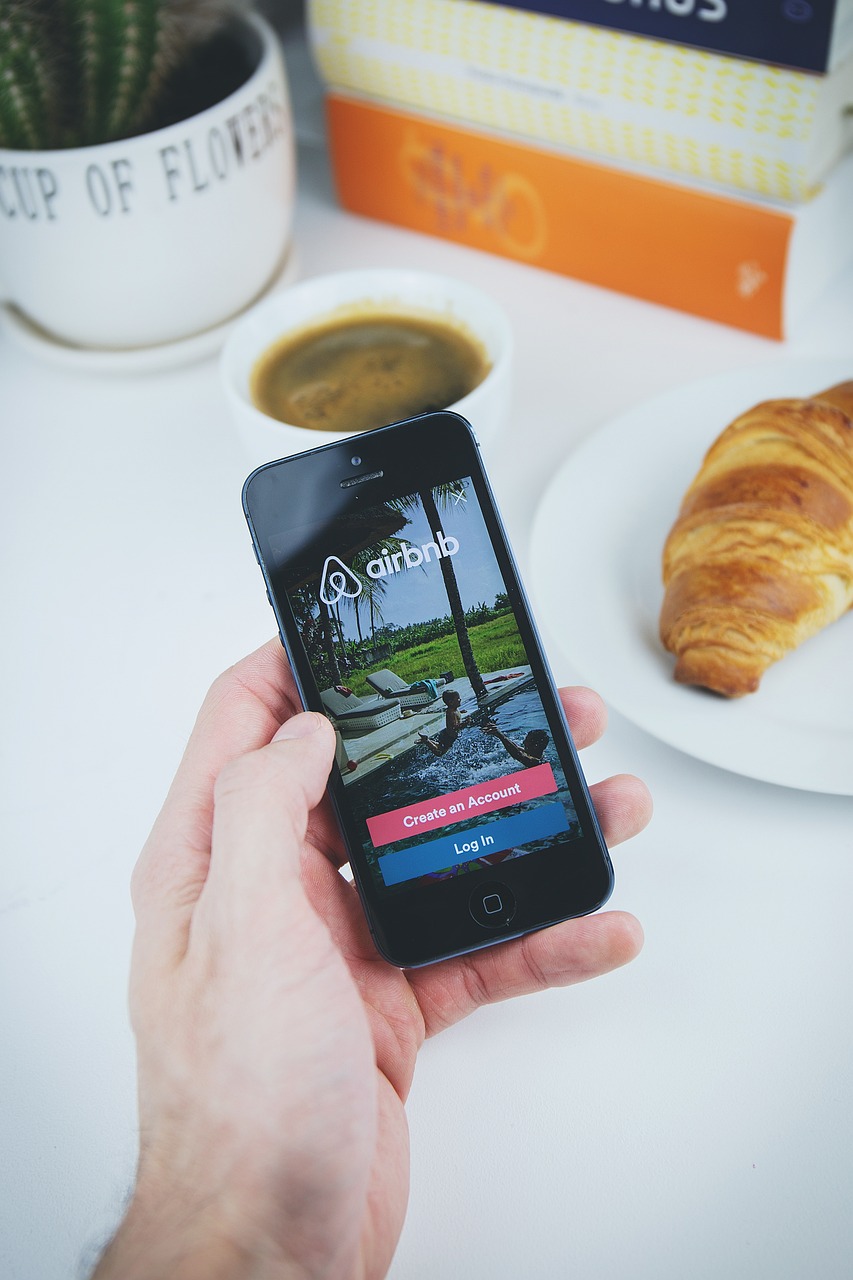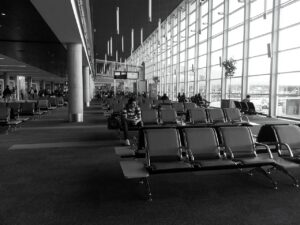Airbnb has launched a bold campaign challenging the hotel industry head-on. The campaign features travelers depicted in animated illustrations, highlighting the contrast between the isolated settings of hotel rooms and crowded hotel pools compared to the warmth and uniqueness of Airbnb stays.
In a move to educate property owners on optimizing their rentals, Airbnb is rolling out 15-second videos featuring animated illustrations. These videos primarily showcase groups of friends and family enjoying getaways in various Airbnb accommodations. The campaign, developed in-house in collaboration with animation studio BUCK, renowned for its work with tech companies like Headspace, Instacart, and Harry’s Razors, debuted in the US and Canada on August 24th. It is set to expand to Australia, Mexico, Brazil, Korea, the United Kingdom, and other European markets in early September, with a digital and social media presence.
Airbnb’s shift in marketing strategy is notable. Leveraging its strong brand recognition and direct traffic, the company aims to reduce its reliance on Google. Airbnb is focusing on storytelling to reshape its brand perception.
In 2022, Airbnb introduced brand marketing as a component of its sales and marketing expenses. The company allocated 770 million Euros for “brand and performance marketing” in the first three quarters of the year, with 26% dedicated to increased spending on specific brand marketing campaigns.
This shift from performance marketing to brand storytelling was a strategic response to the pandemic and an effort to reconnect with hosts, guests, and homes.
Hiroki Asai, Airbnb’s CEO, elaborates on the campaign’s conclusion, stating, “As Airbnb grew, prior to the pandemic, it was losing its differentiation. There were many competitive options for travelers out there, and Airbnb was losing its uniqueness. Thus, coming out of the pandemic, the decision was to really focus on our core business and to concentrate on creating experiences, features, and a product… to differentiate ourselves and then use the brand to communicate and educate people on what those differences are.”

















More Stories
Mama Shelter Zurich Opens, Bringing Playful Design and Swiss Heritage to the Heart of the City
US Imposes 25% Tariffs on Japan, South Korea, and Others Tourism Sector Faces Uncertainty
Say Goodbye to Carry-On Fees: EU to Make Hand Luggage Free for All Passengers